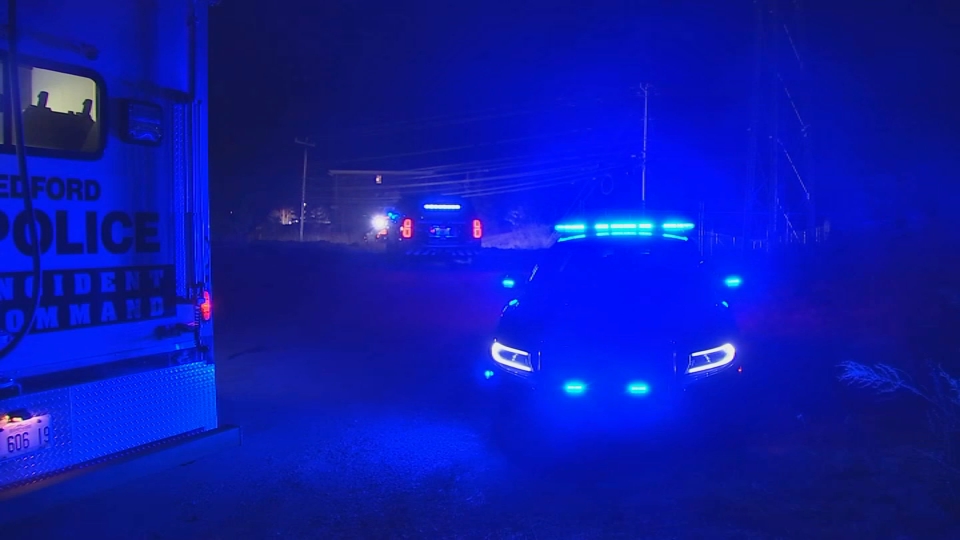
The Baker administration has been quietly planning for a permanent "hybrid" work model for as much as half of the state workforce, and over the course of 2021 will be redesigning office space and equipping employees with the technology they need to be able to continue to work remotely after the COVID-19 pandemic.
Gov. Charlie Baker last week sent an email to all state employees outlining the "Future of Work Initiative," which he described as a cross-secretariat planning effort that has been underway for months.
WATCH ANYTIME FOR FREE
>Stream NBC10 Boston news for free, 24/7, wherever you are. |
Administration and Finance Secretary Michael Heffernan delivered the bullet points of the plan Tuesday to a legislative committee after he was asked about the future of remote and online government services by Rep. Todd Smola, a Warren Republican.
Get updates on what's happening in Boston to your inbox. Sign up for our >News Headlines newsletter.
"For folks that are able to telework, we're now going to have upwards of 20,000 of the 44,000 or so FTEs in the Commonwealth be able to telework as a default hybrid, come into the office some days, work from home, work remote the others," Heffernan said.
The secretary said the administration had a concurrent "Modern Desktop Initiative" underway to equip employees with similar, if not identical, devices to ensure "universal network connectivity."
The plan was outlined in greater detail by the governor last week, who told employees that the administration was working with unions and agency heads to update telework policies, implement a new "workplace reservation system" to coordinate in-office work, and redesign less-crowded workspaces by "by increasing collaboration spaces to ensure in-office time is valuable and effective."
Local
In-depth news coverage of the Greater Boston Area.
"Your ability to adjust over the last year accelerated important technology improvements and changed many long-standing work practices - and pre-conceived notions about work practices - through a spirit of innovation that is here to stay," Baker said.
Baker said many offices and positions will have to continue under their traditional work models due to the services and functions they provide, but others will "permanently adopt the hybrid work model" and office space in Greater Boston and elsewhere may be "updated and reconfigured to adjust to a smaller footprint."
The government isn't the only place where the future of work is being considered as organizations like the Metropolitan Area Planning Council and the Massachusetts High Technology Council are fostering conversations with their members about how they will return.
The Baker administration is hiring a consultant to study the future of work in Massachusetts and what it might mean for child care, MBTA ridership and other sectors.
Bids were due by March 1, and a contractor is expected to be hired by March 8.



